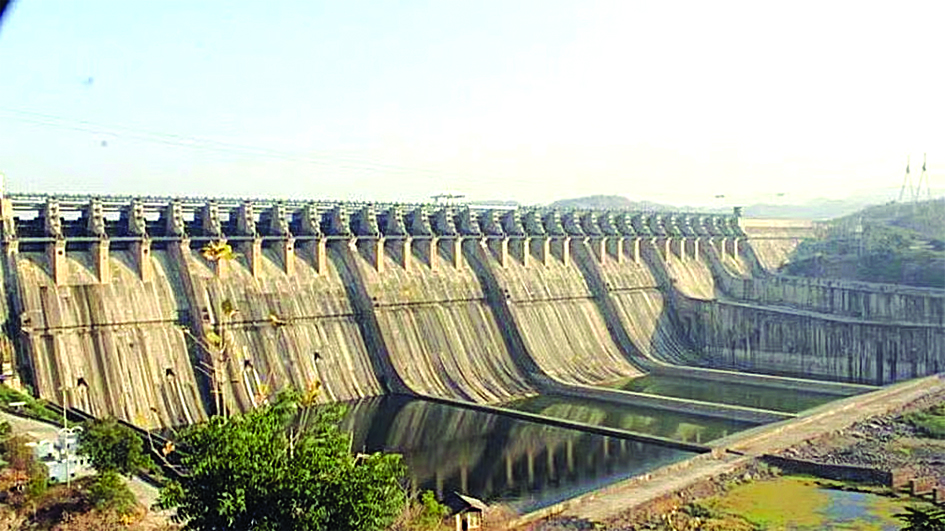 Early Times Report Early Times Report
Jammu, July 23: The Union Finance Minister, Nirmala Sitharaman, has pledged to change the destiny of farmers in Jammu and Kashmir’s Kandi belt by ensuring the completion of the Shahpur Kandi Dam project. This ambitious project, situated on the river Ravi, is set to transform 32,000 hectares of barren land in 76 Kandi villages of the Jammu province into fertile farmland.
presenting the budget for the Union Territory of Jammu and Kashmir, Sitharaman highlighted the significance of the Shahpur Kandi Dam project. She stated, “The Shahpur Kandi Dam project is likely to be commissioned, which will benefit Jammu and Kashmir with 1,150 cusecs of irrigation water facilities for 32,186 hectares of land in Kathua and Samba.” Additionally, she announced the completion of the balance work on the Tawi Barrage and the execution of 197 minor irrigation schemes
during 2024-25, aiming to create an irrigation potential of 38,723 hectares.
This is the first time the Union Government has incorporated the Shahpur Kandi project in the budget.
Located on the river Ravi, 11 kilometers downstream from the Ranjit Sagar Dam and eight kilometers upstream from Madhopur in Punjab’s Pathankot district, the Shahpur Kandi Dam project holds immense significance. Once commissioned, it will serve as a lifeline for the farmers of the Kandi belts in the Kathua and Samba districts.
The origins of this project date back to a bilateral agreement signed on January 20, 1979, between Jammu and Kashmir and Punjab, regarding the sharing of water from the river Ravi. According to this agreement, J&K was to receive 1,150 cusecs of water by constructing a canal from Satwain to Basantpur, while Punjab was to build the Shahpur-Kandi barrage. However, the project was scrapped in 2004.
In June 2015, the then Chief Minister, the late Mufti Mohammad Sayeed, sought the Union Government’s intervention to resolve the completion issue with Punjab. After decades of disputes, a new agreement was signed on March 3, 2017, between the J&K and Punjab governments. Under this pact, J&K will receive 20 percent of the electricity and 1,150 cusecs of water from the project.
Jammu and Kashmir face a significant food-grain deficit, and the completion of the Shahpur Kandi project is expected to boost agricultural production in the Kandi belt. Additionally, the region, which suffers from a substantial power deficit, is likely to receive much-needed relief once the project is operational. This project is poised to be a game-changer for the farmers and residents of Jammu and Kashmir, providing both irrigation and electricity, thereby enhancing the overall quality of life in the region. |
